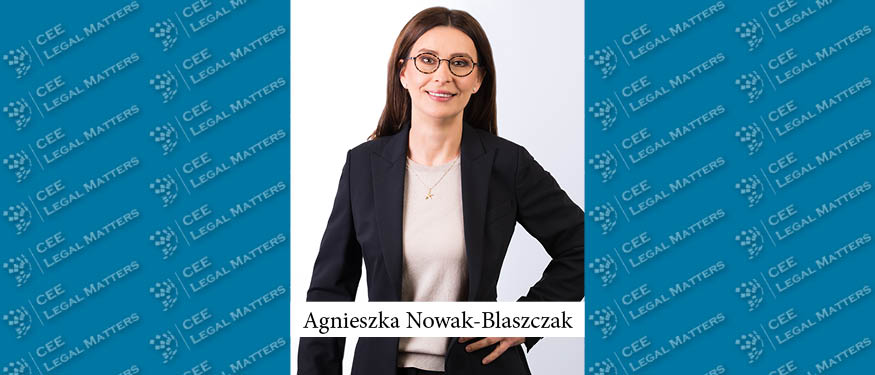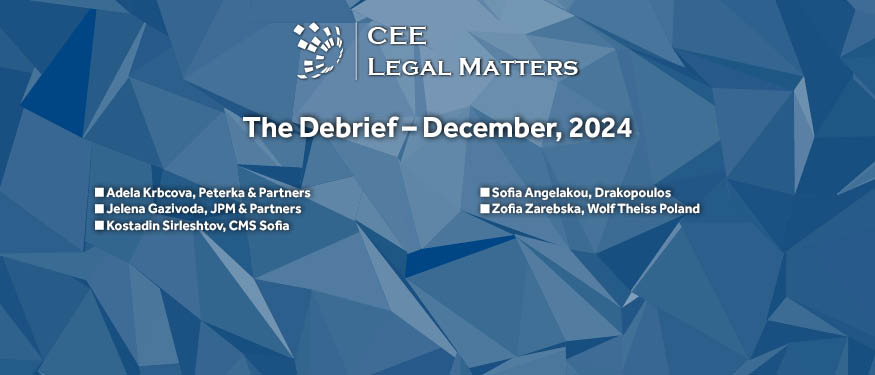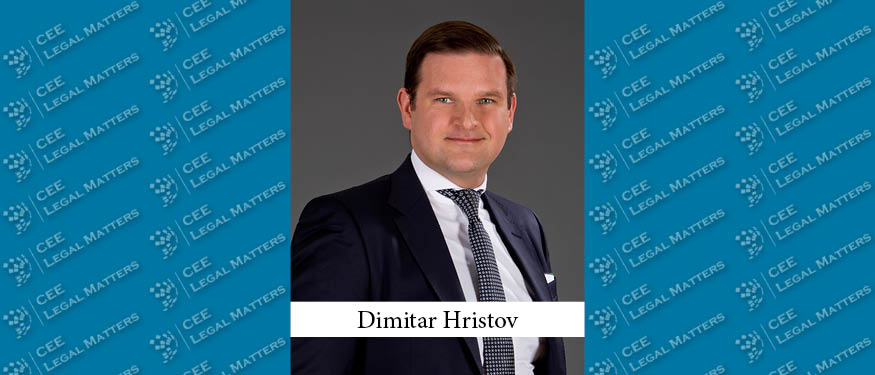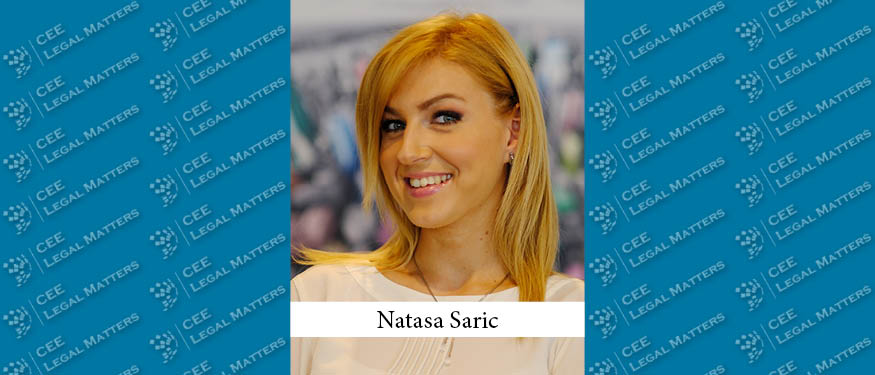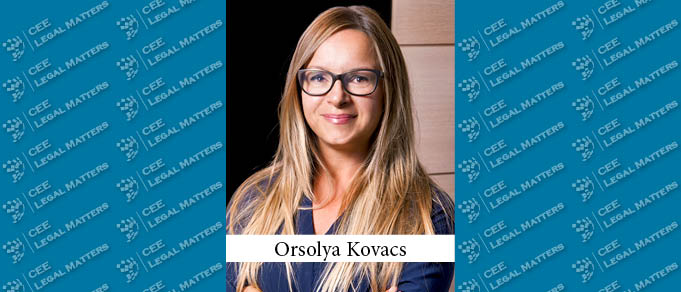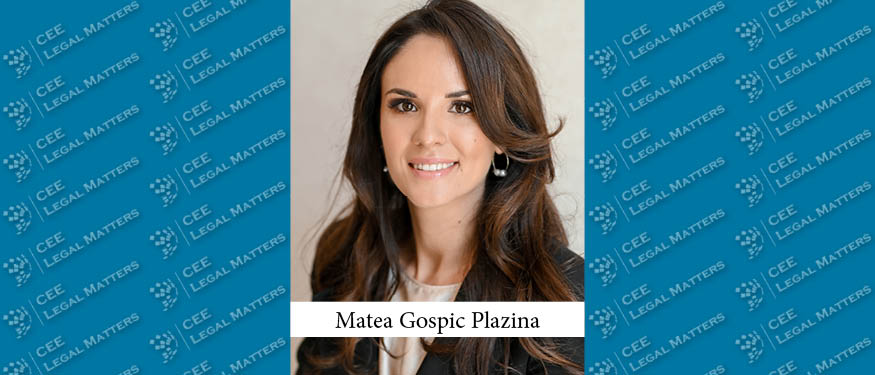For years, Poland has held the unenviable position of leading the race in delays when implementing various EU laws, especially in the digital sector. This has resulted, and continues to result, in multimillion-euro fines that Poland is compelled to pay to the EU.
Disclosure of Employee Termination Reasons to the Entire Workforce
Employers often find themselves contemplating whether they should disclose the reasons for an employee’s termination to the entire workforce. While the motivations behind this consideration can be well-intentioned – such as educating remaining employees about unacceptable behaviors, promoting transparency, and preventing the spread of misinformation, there are legal implications to take into account.
The Debrief: December, 2024
In The Debrief, our Practice Leaders across CEE share updates on recent and upcoming legislation, consider the impact of recent court decisions, showcase landmark projects, and keep our readers apprised of the latest developments impacting their respective practice areas.
Guest Editorial: Dispute Trends in 2024
It is without a doubt that, like the economy in general, the legal market was also affected in recent years. Though the economy has been turbulent for a longer period than during the crisis that started in 2008, this time, the number of large disputes has remained constant. Despite the growing legal costs, high-value disputes rarely dropped due to costs. Smaller law firms, however, seem to have more problems when navigating in this economy – there are cases of closing businesses or consolidating to survive.
The People Puzzle: Labor Shortages on the Rise in CEE
Labor shortages have emerged as a pressing issue across CEE, prompting diverse responses from governments, businesses, and the public as they navigate the challenges of workforce gaps and economic sustainability.
The Corner Office: Conference, Anyone?
In The Corner Office, we ask Managing Partners at law firms across Central and Eastern Europe about their backgrounds, strategies, and responsibilities. As sunny days recede, the fall conference season is upon us, so we asked: How do you determine which Partner attends which events?
Agribusiness: Old Strength, New Challenges, and Hopes for the Future
Popescu & Asociatii Partner Loredana Popescu and Avellum Partner Maksym Maksymenko look at the current status of agribusiness in their countries – both traditional powerhouses in the sector – highlighting how they are managing to show resilience despite tough years.
Albania Is Rolling the Dice on Gambling
Albania’s gambling industry has undergone significant transformations over the past decade, shifting from a thriving sector to one under stringent regulation. Lalaj & Partners Partner Sabina Lalaj explores the evolution of gambling in Albania, the impact of regulatory changes, its current status in the economy, and the future outlook of the industry.
IPOs Going Strong in Turkiye: Economic Growth or a Misleading Indicator?
Turkiye has recently witnessed a surge in initial public offerings. White & Case affiliate law firm GKC Partners’ Head of Capital Markets Practice Derin Altan and Kolcuoglu Demirkan Kocakli Partner Hasan Yasar explore this phenomenon and what it means for the wider market conditions.
A Balancing Act: From EU Discontent to BRICS Aspirations
In September 2024, Turkiye applied for membership in the BRICS bloc of developing economies. ADMD Law Office Managing Partner Orhan Yavuz Mavioglu and Bicak Law Firm Founding Partner Vahit Bicak explore the key political, economic, and legal motivations behind Turkiye’s move.
Know Your Lawyer: Emre Atayilmaz of AECO Law
An in-depth look at Emre Atayilmaz of AECO Law covering his career path, education, and top projects as a lawyer as well as a few insights about him as a manager at work and as a person outside the office.
Austria: (Partial) Suspension of the Double Taxation Agreement with Russia – Implications for Taxpayers
On December 7, 2023, Austria saw a significant shift in its tax regulations with the suspension of key provisions in the double taxation agreement (DTA) with Russia.
Serbia: Temporary Tax Decisions – Will the Tax Administration’s Practice Change in 2024?
As of December 14, 2022, the Tax Administration of the Republic of Serbia started passing temporary tax decisions imposing payment of individual income tax based on agreed remuneration for the copyright and related rights and agreed remuneration for performed work with contributions for mandatory social insurance. These decisions targeted both Serbian and foreign citizens who made a profit abroad and transferred it to bank accounts in the Republic of Serbia during 2017 and 2018. For the first time in the country’s tax practice, tax liability was assessed automatically by passing temporary tax decisions, without conducting tax proceedings.
Hungary: Accommodation Services in Tax Spotlight
One of the sectors contributing the most to the Hungarian GDP is tourism, with nearly 16 million guests spending more than 41 million overnight stays in Hungary in 2023. According to the data of the Hungarian Central Statistical Office, foreign tourists spent 11,866,669 overnight stays in Hungary in 2023, of which 59.20% chose hotels, 32.36% stayed overnight in private and other accommodations, and 8.44% chose community accommodations.
Croatia: New Round of Changes to Tax Rules in 2024
In 2024, Croatia introduced another round of changes to its tax rules, with further novelties announced for 2025 aimed at fair taxation of property and bringing order to the residential rent market.
Lithuania: Tax Increases to Fund National Defense
The ongoing war in Ukraine has sparked governments to take defense seriously. The Lithuanian government is no exception here – as of 2025, Lithuania is set to increase defense spending.
Estonia: Navigating the Taxation of Debt Pushdown Structures
Debt pushdown structures have become a prevalent strategy in Estonia for company acquisitions. However, up until now, the absence of clear regulatory guidance has left companies and their legal advisors navigating uncertain terrain, particularly concerning the tax implications. The (at the time of writing) soon-to-be-published guidance on the taxation of debt pushdowns is poised to provide much-needed clarity.
Slovenia: Navigating the Complexities of Share Buybacks – A Tax Perspective
The Slovenian Financial Administration has recently provided clarification on the tax treatment of share buybacks conducted through intermediaries. This article offers valuable insights for companies and tax professionals navigating the complexities of corporate restructuring and employee incentive programs.


